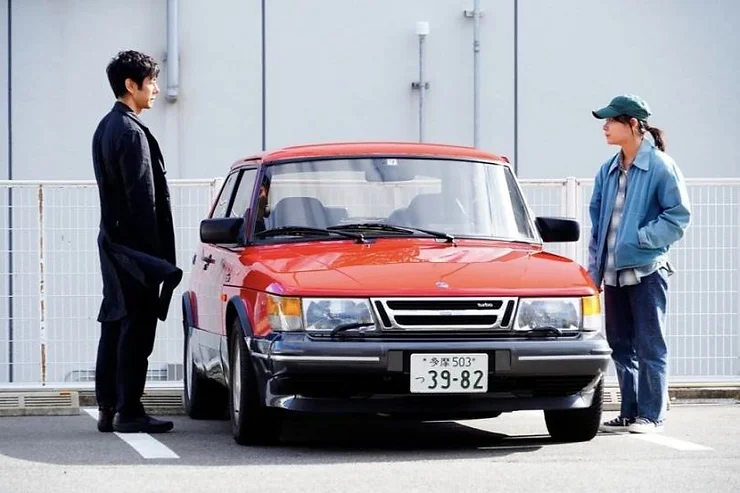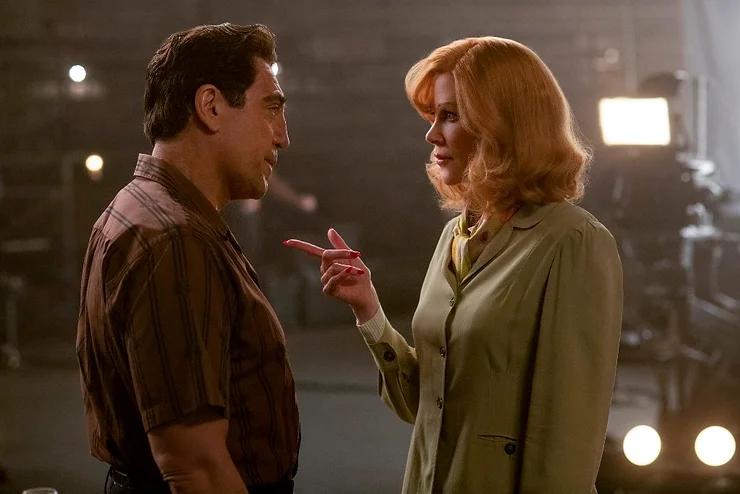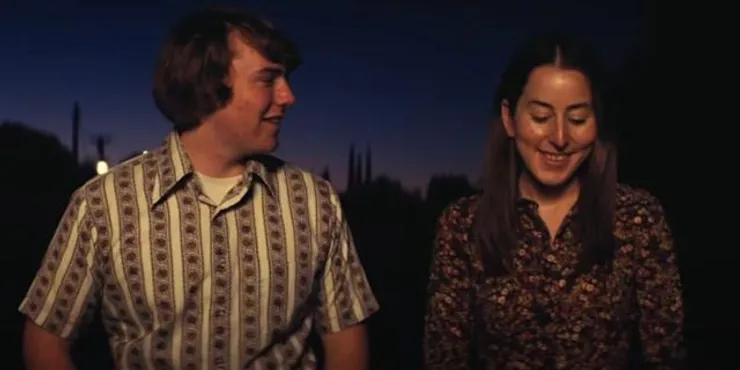What Does That Nature Say To You (South Korea, 2025)
Original title: Geu jayeoni nege mworago hani
Director: Hong Sang-soo
Screenplay: Hong Sang-soo
Main cast: Kwon Hae-hyo, Ha Seong-guk, Cho Yun-hee, Kang So-yi and Park Mi-so
Running time: 108 minutos
Despite the popularity of South Korean content in Brazil, there are still certain habits and traditions that are largely unknown in the rest of the world. It’s the case of the process shown in Hong Sang-soo’s new film, when Dong-hwa (Ha Seong-guk) leaves his girlfriend Jun-hee (Kang So-yi) at home and ends up being taken to meet her entire family. Even though they have been together for three years, they have never been formally introduced, and we soon discover that this process is a little different from what we are used to.

The country’s society tends to be very consumer-oriented, and the young man is a poet, even though he’s the son of a very famous lawyer. This is enough to make the girl’s father, Oryeong (Kwon Hae-hyo), wary of the young man. Even so, they allow themselves to get to know each other, exchange trivial conversations about old cars, and Jun-hee can breathe a little, thinking that everything will work out in his favor. We follow the couple until the end of the day, when the whole family gets together for dinner.
The nature mentioned in the title is always around the main characters, whether because of the beautiful house located on a mountain surrounded by greenery or the walk they take in the afternoon to leave the house free to make dinner. More than that, nature also appears as a source of inspiration for poetry, and as an essential element in everyone’s daily lives. Perhaps somewhat inspired by the fluidity of nature, the director also seems to let himself be guided more by his instincts in directing this film. There’s no radical concept of photography, as was the case in his In Water (2023), filmed entirely without focus, but we do notice fluid camera movements that involve a lack of focus at times.
With its long dialogues that border on a job interview, to think about whether or not the old man will approve of the young man marrying his daughter, we are also reminded that this is a very patriarchal society. Even scenes that seem innocent, such as showing the chicken coop, gain meaning when we think about this perspective and Dong-hwa’s need to prove something to his father-in-law. Throughout the narrative, we increasingly feel like gossips waiting for the events to unfold so we can comment on them, and the director knows this and places the final scene to fulfill our desires.
The spontaneity comes from a mix of excellent actors, some of whom have already collaborated with Sang-soo, and the director’s ability to connect us with his scripts. Perhaps because of his work on many fronts of the film, we feel something familiar and close, even though we rationally understand the distance between this reality and that of Brazilians.
With a prolific output, it would be hard to say that this is the director’s best film. Still, it is equally hard to say that it isn’t an intriguing and impressively fluid cinematic experience.
Translated by: Renata Torres




